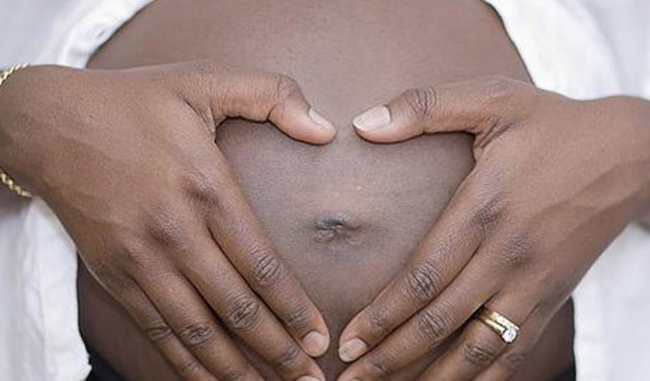Nigeria has declared a state of emergency on deaths among women, newborn babies and children, officially making each death a matter of public health concern that should be reported and investigated.
The declaration paves way for the National Primary Health Care Development Agency to establish a national coordination centre, called the Emergency Maternal and Child Health Intervention (EMCHI), to oversee all activities related to reproduction, maternal, newborn, child and adolescent health and nutrition in primary healthcare.
The declaration formally makes maternal and child death an emergency at the same level as infectious disease like polio.
It will see existing command structure and resources in the polio emergency operations centre across states transit toward maternal, newborn and child health services.
The centres were adapted in the fight against Ebola in 2014.
States without a polio emergency operations centre will “immediately establish” a state-level EMCHI.
Planeloads of death
The declaration comes amidst concern about deaths among women, children and newborns and the “insufficiency of current efforts to reverse the trend,” said NPHCDA executive director, Faisal Shuaib.
An estimated 145 women die daily from preventable causes related to pregnancy and childbirth—the equivalent of a Boeing 737-300 crashing with no survivor on board.
Some 2,300 children aged under five die from preventable causes every day—the equivalent of 15 Boeings “crashing every single day in Nigeria and killing all the children on board,” said Shuaib.
“These deaths do not make daily headlines nor raise the same emotions as airplane crashes…because they are occurring amongst the poor, most vulnerable and voiceless in our communities,” said Shuaib.
“It is unconscionable for any of us to go to bed each night without a sense of urgency to reverse this trend….We need to break the culture of silence over these preventable deaths.”

Among 20 countries with the worst maternal mortality ratios by 1990, Nigeria has made the fifth worst progress, alongside the Central African Republic and the Gambia.
Afghanistan, Liberia, Sierra Leone and South Sudan—all countries dealing with war and challenged by humanitarian crisis—have “made better progress than we did,” noted Shuaib.
“The truth is that in Western countries, when a woman announces that she is pregnant, people immediately ask what the baby’s gender is. On the contrary, In Nigeria, we immediately wish and pray the woman a safe delivery, and in so doing, expose our heartfelt recognition of the reality that she is embarking on a dangerous journey.”
Differences and progress
Under the declared state of emergency, the EMCHI will provide toll-free number where the public can call in “every death of any woman related to childbirth”, prompting investigation and response to raise accountability for preventable deaths.
Existing interventions will continue to reduce three critical delays that contribute to deaths—delays in decision to seek care, reaching care and getting adequate care, Shuaib explained.
To reach the Sustainable Development Goals target of under 70 maternal deaths per 100,000 live births, Nigeria must reduce maternal deaths by 53% every five years.
Similarly, reducing deaths among children aged under five by at least 44% every five years could help the country achieve the SDG 2030 target to limit child deaths to less than 25 per 1,000.
“If Nigeria is to reach the targets for maternal and child mortality and achieve the Sustainable Development Goals (SDGs), continuing business as usual is not an option,” said Shuaib.

 Join Daily Trust WhatsApp Community For Quick Access To News and Happenings Around You.
Join Daily Trust WhatsApp Community For Quick Access To News and Happenings Around You.


